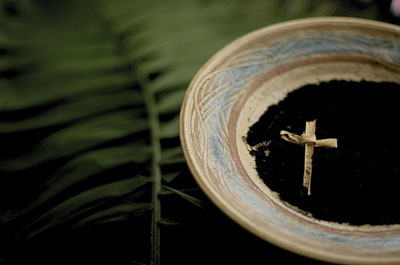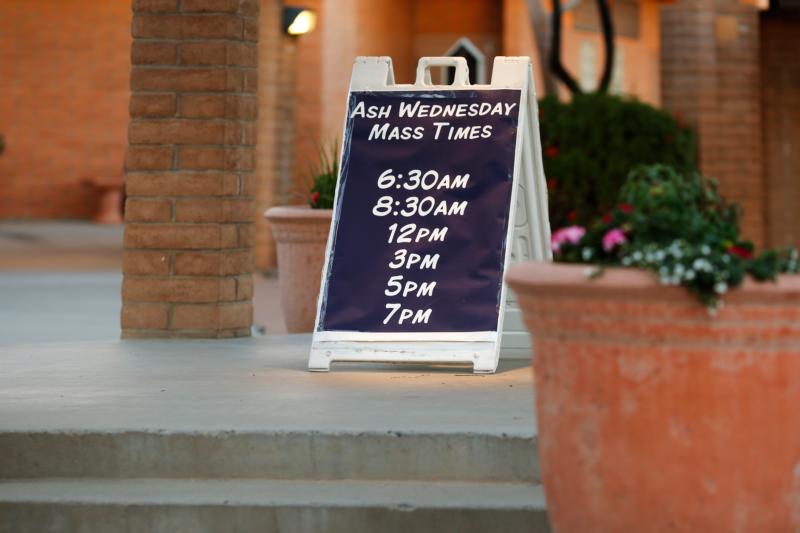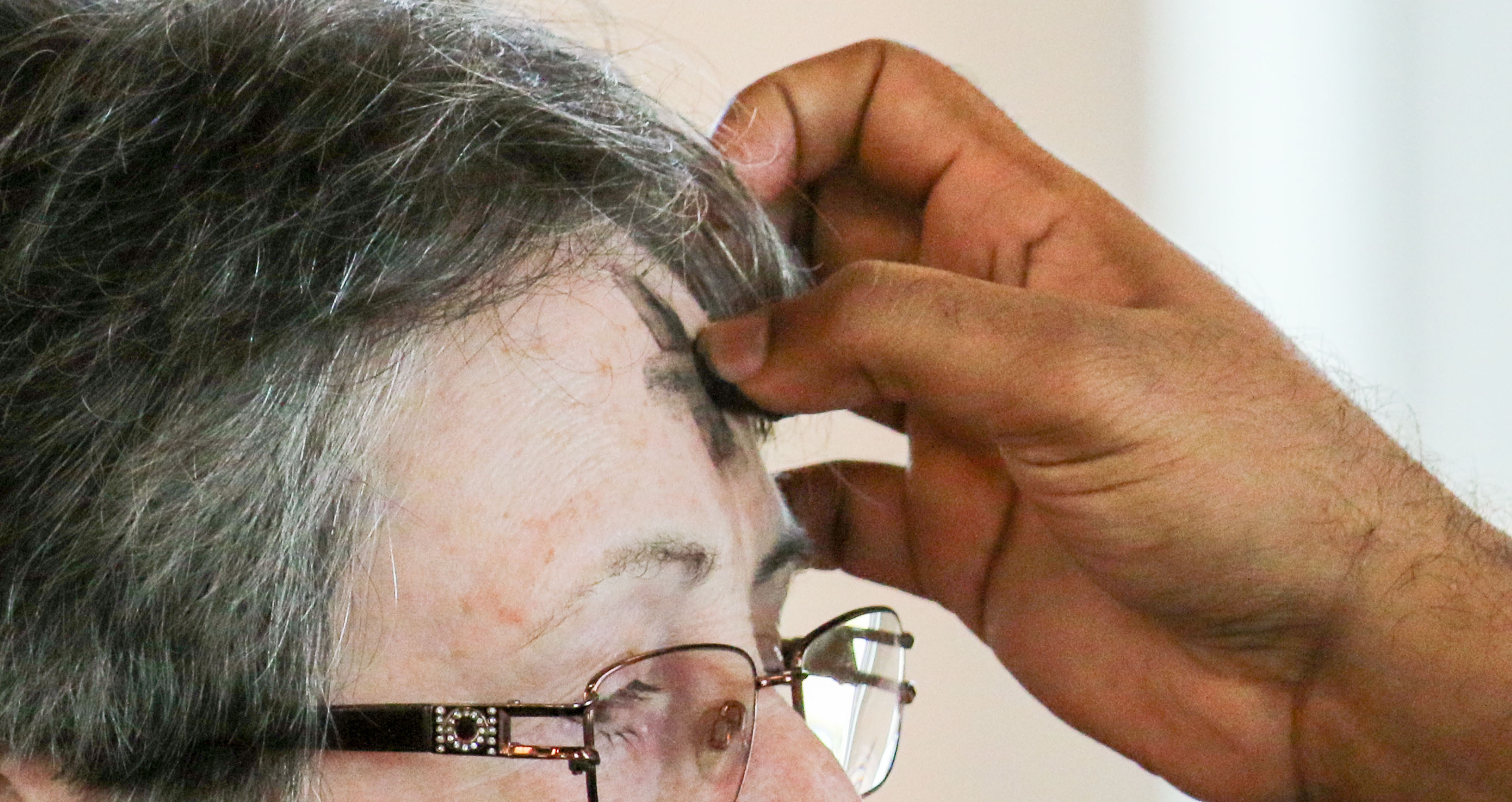
CHARLESTON—Don’t expect to leave church on Ash Wednesday this year with a large black cross in the middle of your forehead.
Just as it has changed so much in life, the pandemic has altered the way the Church in the United States will begin the 40-day season of Lent, which falls on Feb. 17 this year.
Last year, in mid-March of 2020, Lent had already started when pandemic restrictions really took off around the country. In most places, attendance at public Mass was halted and traditional events such as weekly Stations of the Cross were moved outdoors or went virtual. So this year will be the first time Ash Wednesday has been affected.
According to a Jan. 12 directive from the Congregation for Divine Worship and the Discipline of Sacraments in Rome, priests worldwide this year are directed to not place crosses directly on people’s foreheads with ashes.
Instead, they will sprinkle the ashes over the crown of each person’s head. This change will reduce the risk of possibly contracting COVID-19 as the priest will not have to directly touch multiple people’s heads.
According to the Vatican directive, this year’s dispensing of ashes should take the following form: The celebrant will bless the ashes and sprinkle them in silence, saying either “Repent and believe in the Gospel” or “Remember that you are dust and to dust you shall return” (the phrase more commonly used in the U.S.). The priest will then cleanse his hands, put on a face mask and sprinkle the ashes on the crown of each person’s head, remaining silent.
While this might seem unusual to Americans, this is actually the way that ashes are traditionally dispensed at the Vatican, churches in Italy, and in other countries around the globe, such as Poland and the Philippines.
The custom of sprinkling worshipers with ashes is believed to have started in the sixth century with Pope Gregory the Great (590-604).
Ashes are used because, beginning with several allusions in Scripture, they are meant to symbolize both mortality and repentance from sin. The ashes used on Ash Wednesday come from blessed palms that were used on the previous Palm Sunday.



